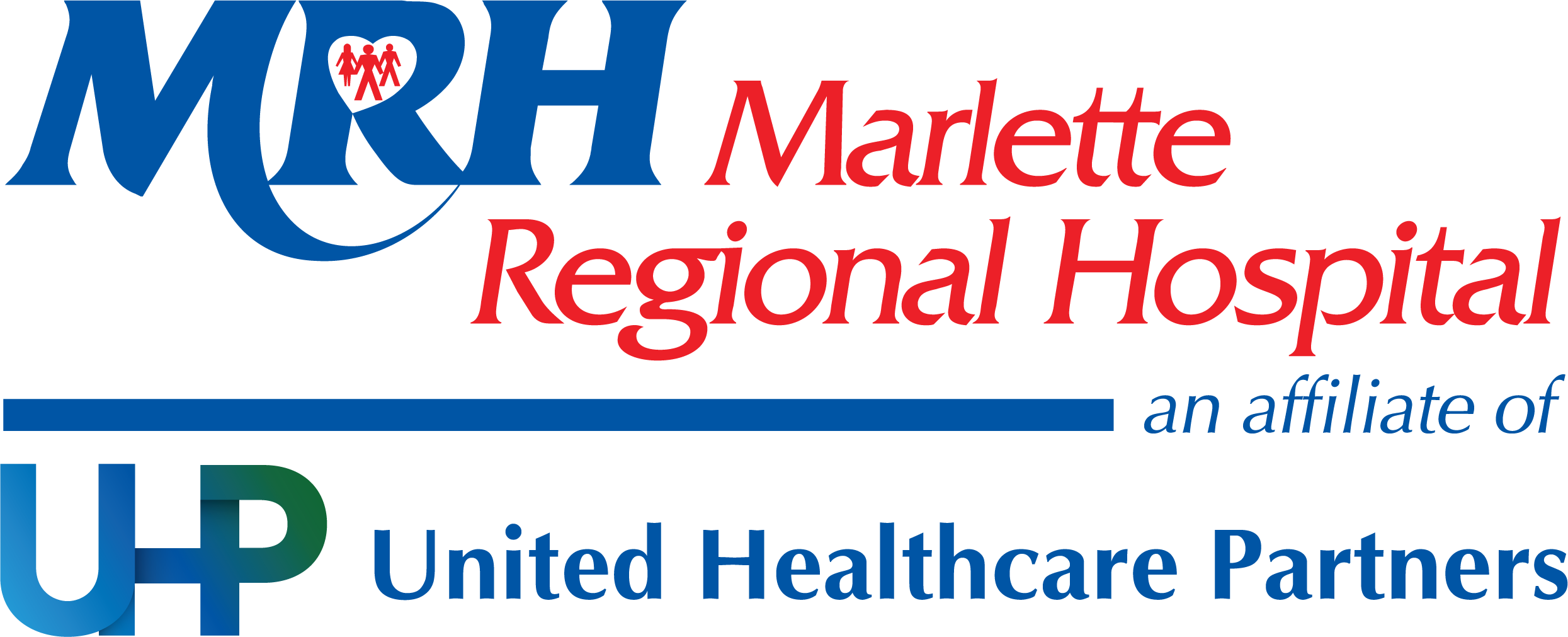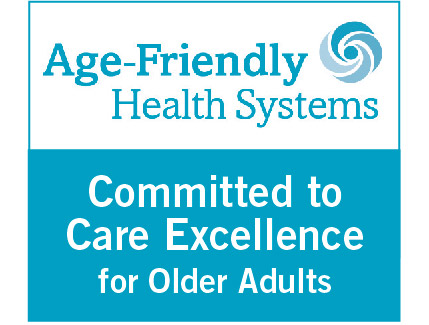The Dangers of Energy Drinks ~ AUTHOR: William J. Starbird, MD, FAAFP
Family Medicine Physician of North Branch Family HealthCare – Marlette Regional Hospital
As we head into the warm summer months where our young athletes may be playing softball and baseball, attending summer camps or practices, let’s take a moment to talk about the dangers of addictive substances that are readily available to teens and young adults in the form of energy drinks.
For the context of this article, we define an energy drink as a beverage that contains large amounts of caffeine, sugars, additives, and legal stimulants such as guarana and taurine, and are distinct from sports drinks and vitamin waters like Gatorade, Powerade, and Vitamin Water. As one of the fastest growing US beverage markets, energy drinks claim to improve energy, alertness, weight loss, stamina, and athletic performance. Energy drinks that you’ve heard of or encountered probably include ones like Redbull, Amp Energy, Monster, 5-Hour Energy, Rockstar, NOS Energy, and JOLT, among many others.
So what’s the big deal about these energy drinks? The big deal is that these drinks are NOT regulated by the FDA as they are classified as dietary supplements, and there is staggering evidence and reports that link consumption to serious health risks in adolescents like seizures, dehydration, anxiety, stroke, and heart complications such as irregular heart beat and sudden cardiac arrest. Bottom line, they are not safe for adolescents.
Aside from their addictive nature, many of these drinks contain more than the recommended level of caffeine safe for daily consumption. That level according to The American Academy of Pediatrics is 100 mg/day or less for adolescents aged 12 to 18. Many of these drinks exceed that daily amount. So if you factor in any other caffeinated beverages that a teen may consume in a day such as coffee or soda, or perhaps multiple energy drinks, that daily value has far exceeded that safe daily value.
To the athletes that may be reading this article, stick to the good stuff that is going to help replenish your water and electrolyte levels—that is what helps you perform better. To the parents and coaches reading this article, model good behavior by not consuming these drinks and share with your teens the dangers of consuming energy drinks.



